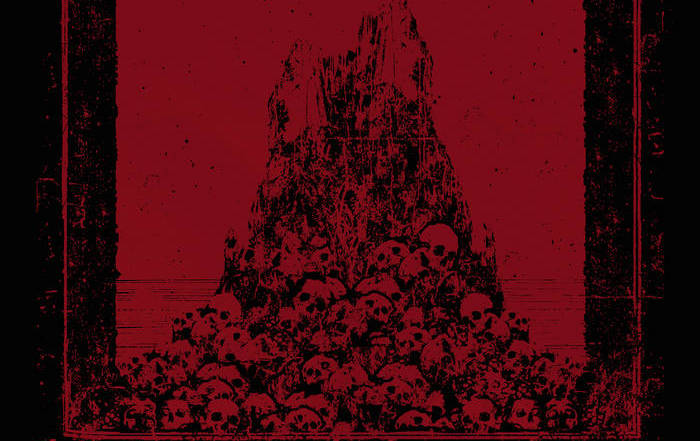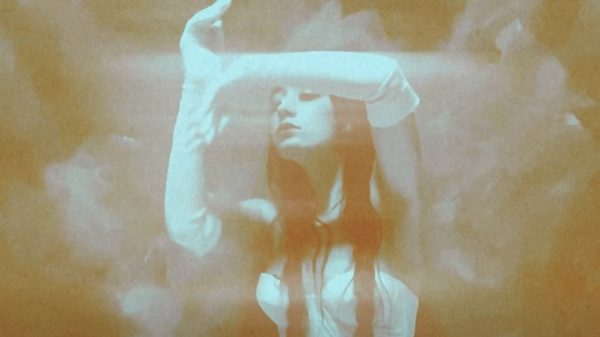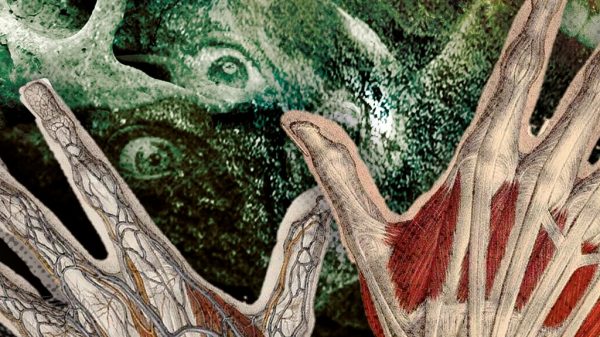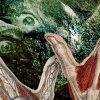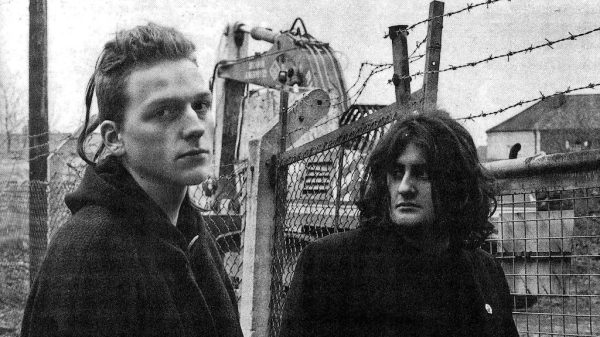Exploring the intersection of dark ambient, techno, and industrial music, Italy’s Pavor Nocturnus’ new album, Ecatombe, is a masterpiece of unsettling atmospherics. The record comes courtesy of Cyclic Law and was released on August 4th.
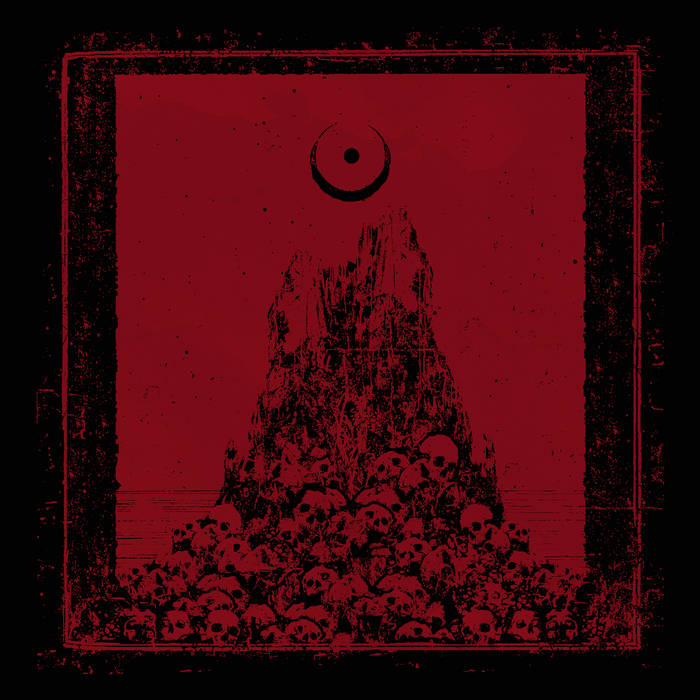
Despite working in electronics-oriented genres, Ecatombe sounds timeless if not atavistic. The opening track, “Maleficio”, utilizes a choral drone and percussion to create an atmosphere of haunting tension. The first bit of percussion heard isn’t familiar but feels acoustic. Eventually, a more techno-oriented bass thud begins to underpin the track, but at the same time other acoustic instruments, both string and percussive join in. “La Vergogna” leans into even spookier territory. Constantly ringing bells set the stage for sampled voices to begin a dialogue. I don’t know what they’re saying but the atmosphere reeks of a classic horror film. Eventually, drums and synths join in and the song becomes nightmare fuel. It’s somewhat reminiscent of the instrumental songs Skinny Puppy used to sneak into their classic albums.
“La Mattanza” creates a ritualistic feel with its insistent bass drum. The background is colored by an unsettling wind instrument sound, not unlike the field recordings of the Master Musicians of Jajouka. This is followed by “Abisso”, a drone-based piece that feels like the meditative trance that occurs post-ceremony. The sonics of this piece walk a fine line between relaxing and menacing.
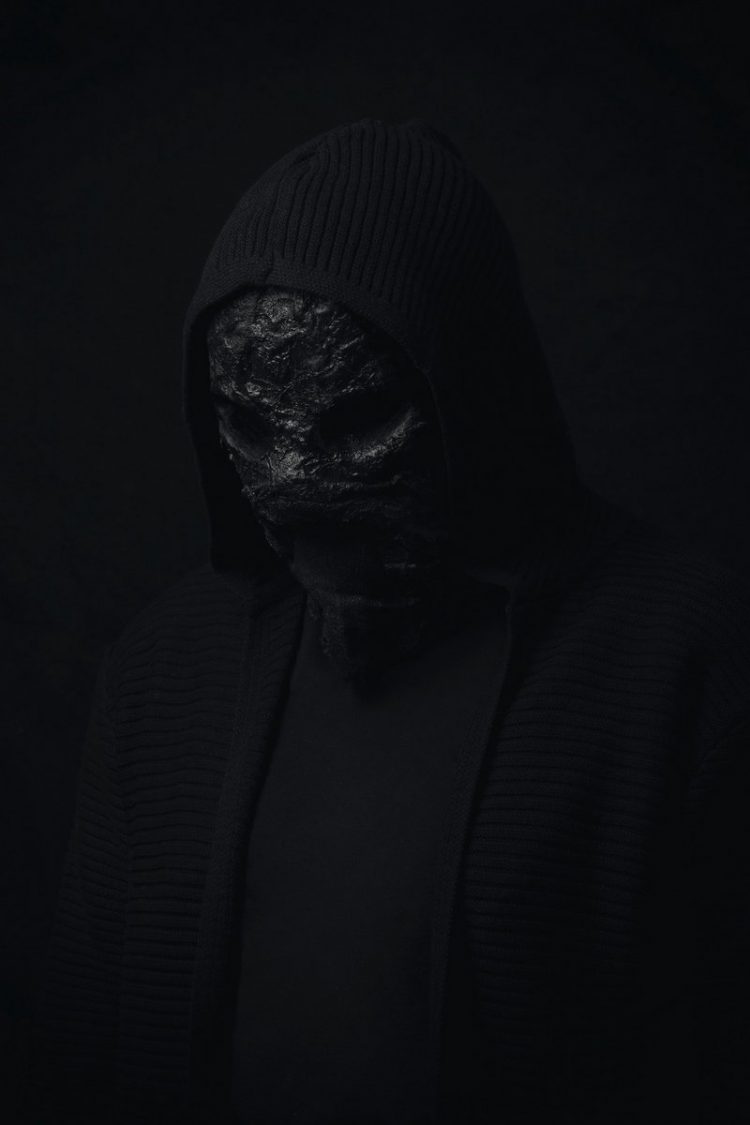
The short “Suplicca” feels like an introduction to the title track, once again utilizing drones but with a more orchestral feel. “Ecatombe” is the crowning piece of the album, utilizing shifting beds of industrial percussion with dark ambient sounds filling in the space around the beats. At times, the tempos ratchet themselves up, adding to the overall tension of the music.
Pavor Nocturnus overflows with dark atmospheres and intent. Primarily composed during the pandemic lockdowns, Ecatombe invokes the alienation of those times but seems to have a spiritual component as well. When the world outside grew silent, were we better able to hear those dark voices in our heads that we are usually able to ignore? I am not sure, but if so, Pavor Nocturnus has undoubtedly created the soundtrack to such a liminal headspace.

